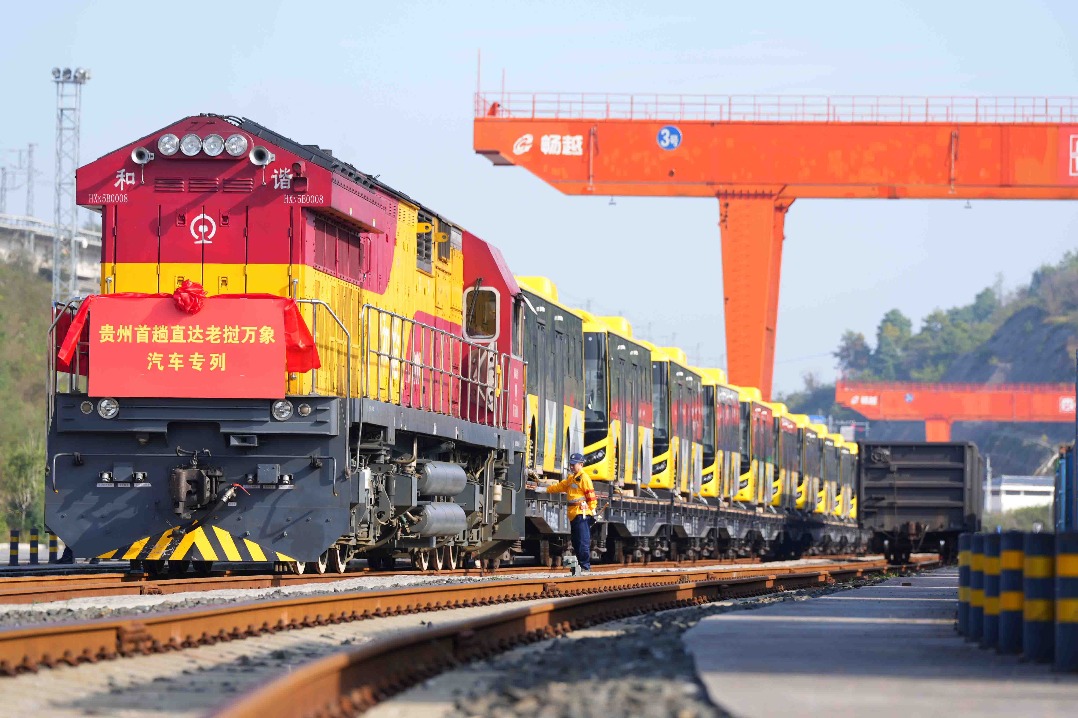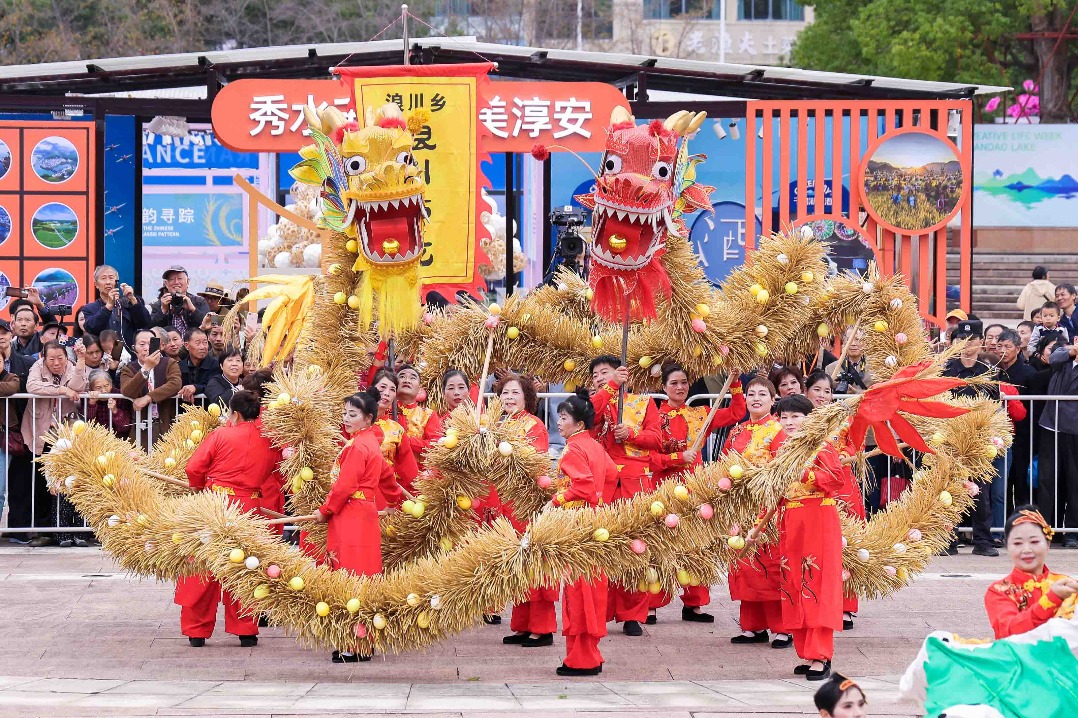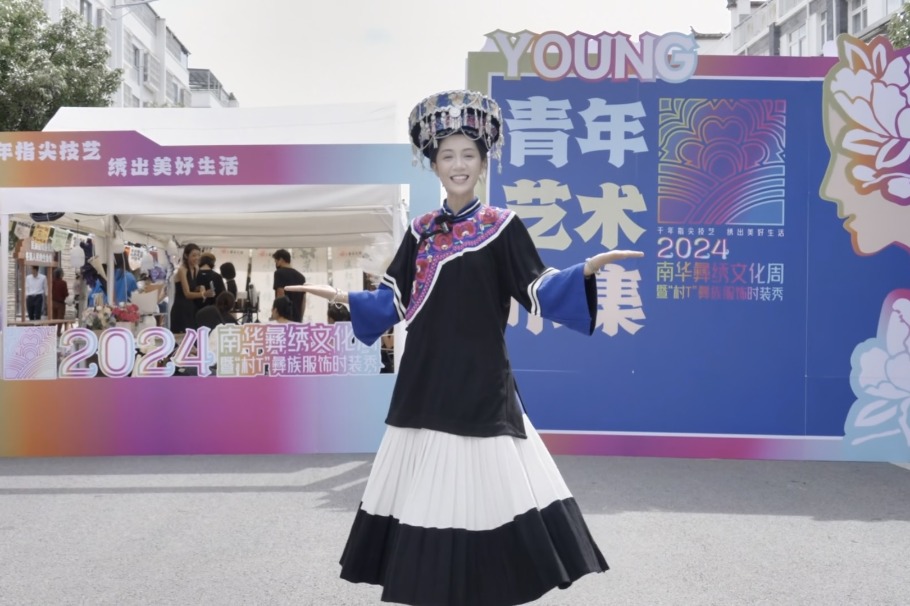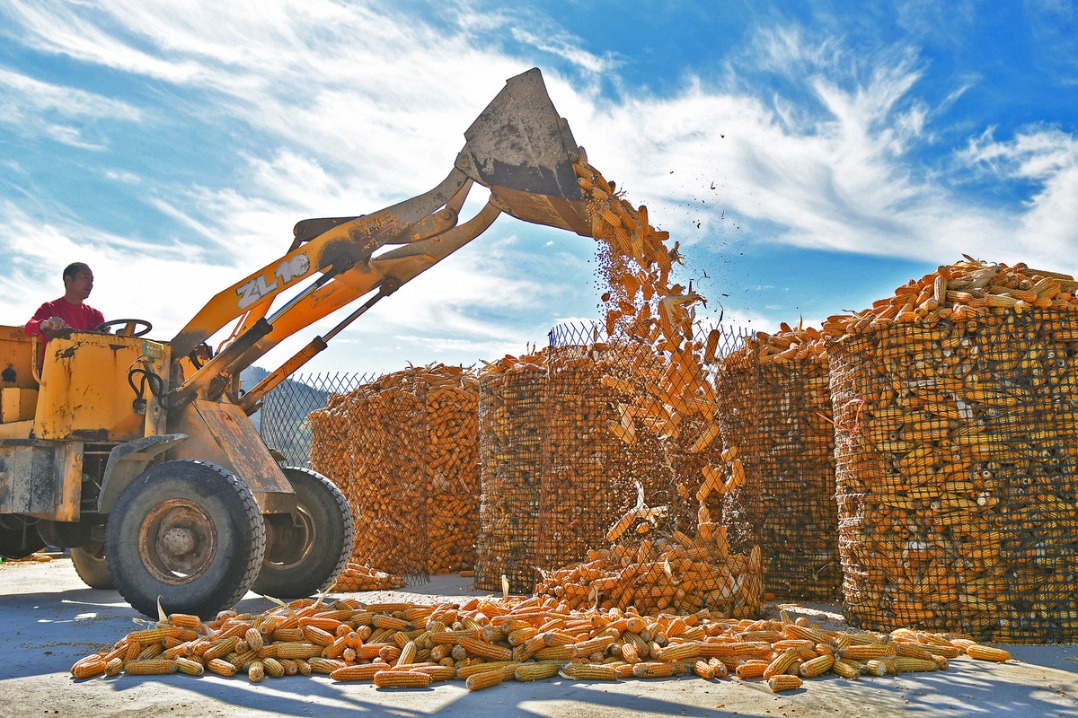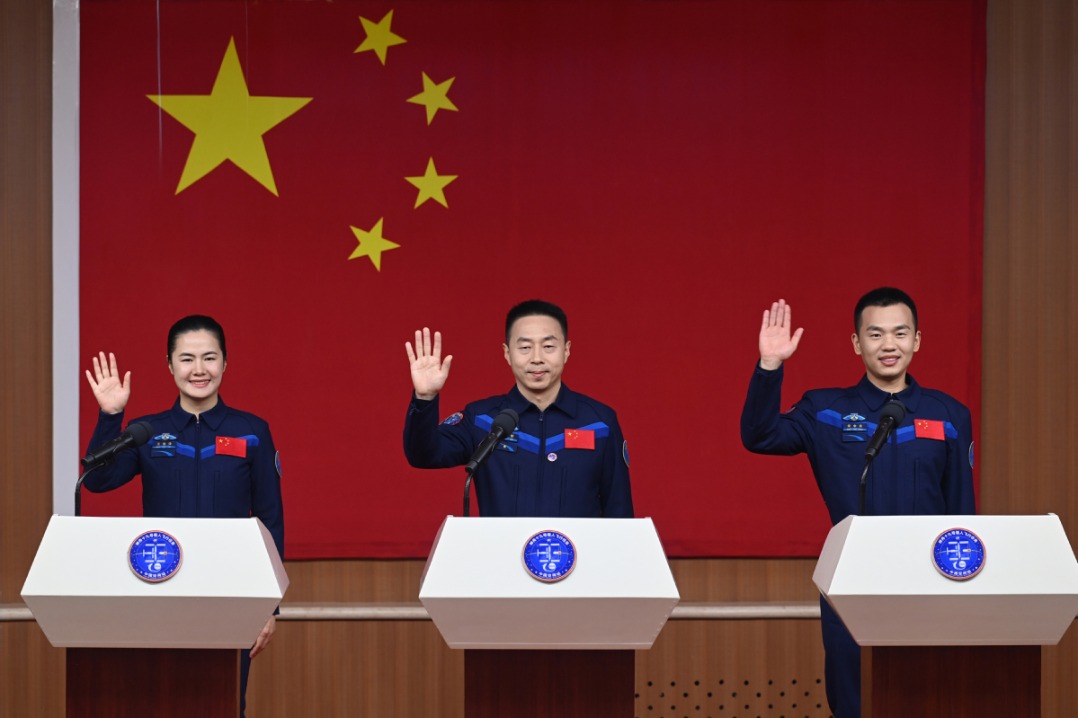Xi Focus: A sports fan championing exchanges and fitness for all

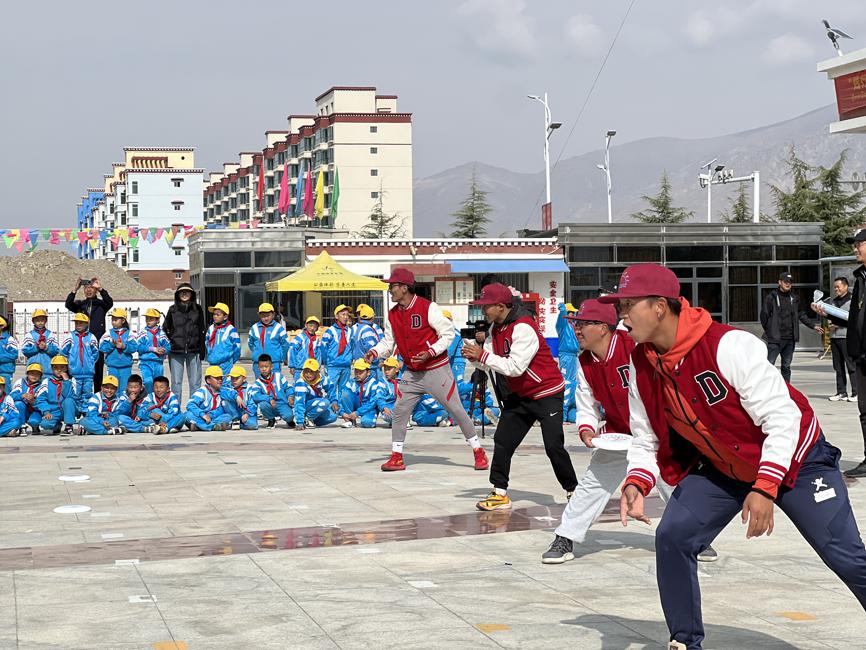
BEIJING -- From watching football training at a primary school to talking with Chinese boxers in a gymnasium, it is not hard to see that Chinese President Xi Jinping attaches great importance to sports.
"Sports are an important means for improving people's health, meeting people's aspirations for a better life and facilitating well-rounded human development," said Xi, also general secretary of the Communist Party of China Central Committee and chairman of the Central Military Commission.
A keen sports enthusiast himself, Xi also expounded that sports are an important driver for economic and social development and an important platform for demonstrating a country's cultural soft power.
AN AVID SPORTS FAN
Xi developed a love for sports at an early age.
"I played football here more than 50 years ago. It was a dirt pitch," Xi said when he watched a football training session during a visit to Beijing Bayi School in 2016.
He also likes swimming and hiking, among others.
"As a state leader, I've dedicated myself to the country's cause. Surely, I always overwork. But we should strike a balance between work and rest. I make time for swimming. I swim a kilometer a day," he said during an interview with a Russian TV channel in Sochi, Russia, in 2014.
When it comes to ice and snow sports, Xi has a particular passion for ice hockey, speed skating and figure skating. Growing up in the northern part of China, he developed enthusiasm for skating at a young age.
During his visit to Beijing's Wukesong sports center in February 2017, Xi shared with the spirited young ice hockey athletes his experience of first stepping onto the ice in a pair of skates.
"Back then, I was a primary school pupil, the same age as you, and it was on the frozen lake of Shichahai in central Beijing. I simply started skating, despite the fact that my skating boots were the wrong size."
BEYOND GAMES
Xi's love for sports goes beyond personal growth. He has been devoted to boosting the sports cause in the places where he worked.
As a firm promoter of national fitness, Xi champions sports as a way to improve the health of the nation. As Xi put it, fitness for all is the foundation and guarantee for people to build up their physiques and live a healthy life. In 2014, fitness for all was made a national strategy and more resources have been injected into this undertaking ever since.
Nowadays, exercise facilities have been installed across urban and rural areas, and the fitness craze is sweeping the country. For instance, numerous marathon events are held across the country every year, and it is not easy to secure qualification for some of the major races due to the large number of applicants.
In Xi's words: "The ultimate goal of building a sporting powerhouse and a healthy China is to strengthen the people's fitness, which also forms an essential part of China's endeavor to build a modern socialist country in all respects."
ENHANCED BOND WITH WORLD
For Xi, sports have consistently played an important role in his diplomatic agenda. During multiple foreign trips, he took time out of his busy schedules to interact with local people, including athletes, in activities related to sports.
During a state visit to the United States in 2015, Xi was warmly welcomed by local students from the Lincoln High School of Tacoma.
After watching their American football training session, Xi was presented with a ball and a jersey by the students. In return, Xi gifted them items including a ping-pong table.
As an important form of cultural exchange, sports have played a crucial role in promoting exchanges and mutual learning among different countries and cultures.
During his 2017 trip to the headquarters of the International Olympic Committee in Switzerland, Xi gifted the committee a magnificent piece of Suzhou embroidery featuring ancient Chinese ladies playing the sport of cuju, which is the earliest known recorded game of football.
The artwork, created by Chinese artist Yao Jianping, now holds a permanent place in the International Olympic Museum in Switzerland. In a heartwarming turn of events, another masterpiece by Yao depicting the same theme was collected and displayed in 2021 at the Beijing Olympic Museum.
The two artifacts showcase the inseparable connection between ancient Chinese cuju and modern football, while also exemplifying the cultural exchange and mutual learning facilitated by the universal language of sports.
- Typhoon Kong-rey expected to make landfall in Zhejiang, Fujian on Thursday
- China celebrates maiden international flight of home-grown ARJ21 jetliner
- Chinese scientists make discovery in midlatitude Asian deserts
- China committed to global advancement of new technology in navigation
- Guizhou-made new energy buses exported to Vientiane, Laos
- Former Guizhou Party chief sentenced

















